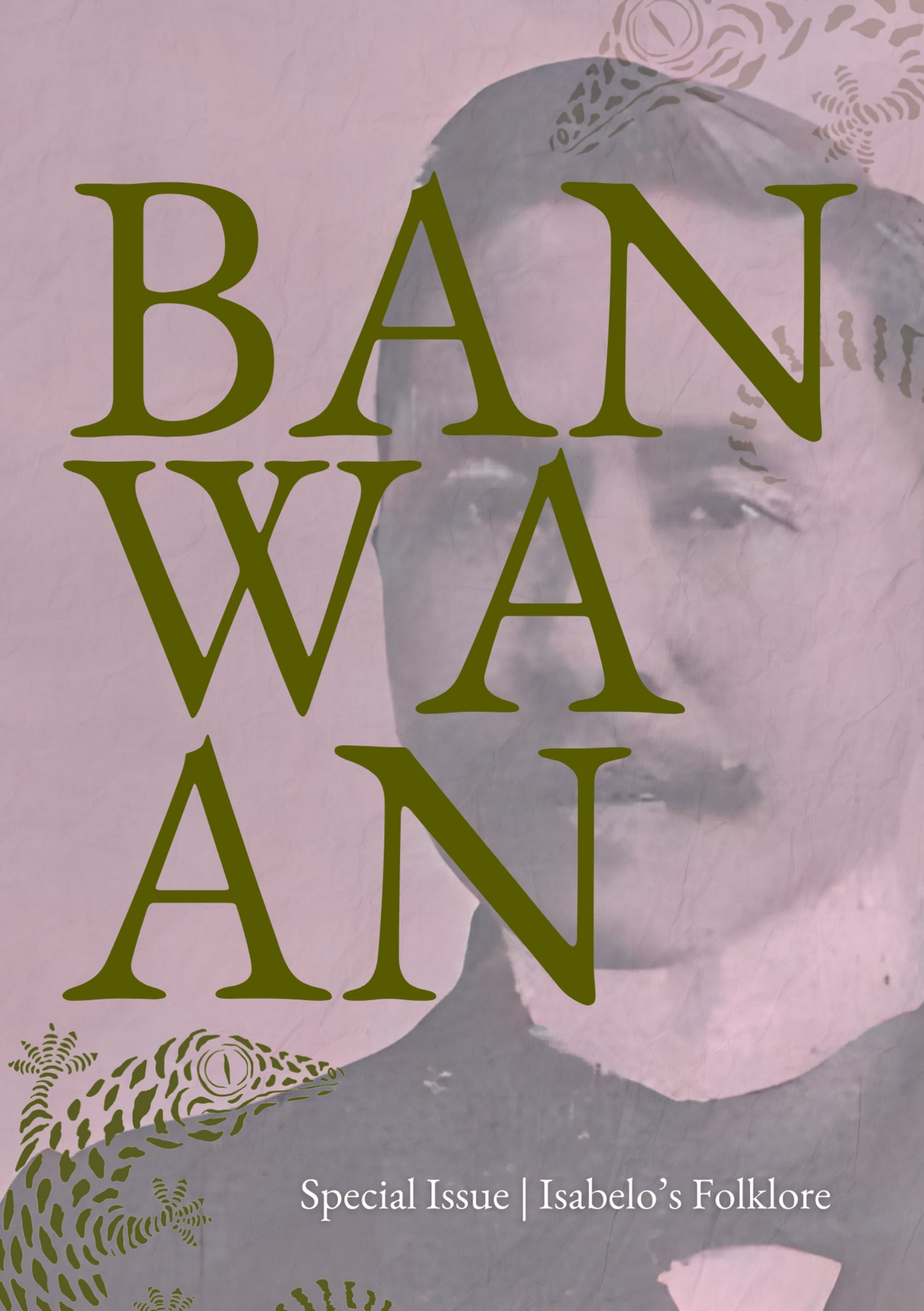Folklore as a Decolonial Tool: Examining Isabelo de los Reyes’s El Folk-Lore Filipino
Abstract
We employ reflexive content analysis to examine Isabelo de los Reyes’s
El Folk-Lore Filipino. Written in Spanish and rooted in the folklore of
Ilocandia, de los Reyes’s seminal work counters the colonial assertion
that a sophisticated Philippine civilization did not exist prior to
Spanish colonization. This article’s analysis, informed by the authors’
positionality as Ilocanos born and raised in Ilocos Sur (first author)
and Ilocos Norte (second author), attempts to situate Ilocano folklore
within its contemporary cultural framework. We argue that folklore,
as seen in de los Reyes’s work, acts as a subversive force against colonial
narratives by accomplishing three key objectives: umuna (first), it
reveals how Ilocano folklore is a dynamic knowledge system that
integrates and recontextualizes colonial influences. Maikadua
(second), it challenges the colonial dichotomy that juxtaposes
perceived barbaric traditional beliefs with so-called civilized
modernity. Maikatlo (third), by comparing Filipino superstitions with
those of their colonizers, folklore demonstrates the universality of such
beliefs while dispelling notions of primitivism surrounding Filipino
cultural practices. This analysis aims to showcase El Folk-Lore Filipino
as a pivotal text in decolonizing Philippine history, culture, and society
through the text’s contribution in correcting a distorted view of
Ilocano and broader Filipino identity.
Keywords: decolonization, decolonial narratives, content analysis,
sociology of knowledge, nationalism, Isabelo de los Reyes


